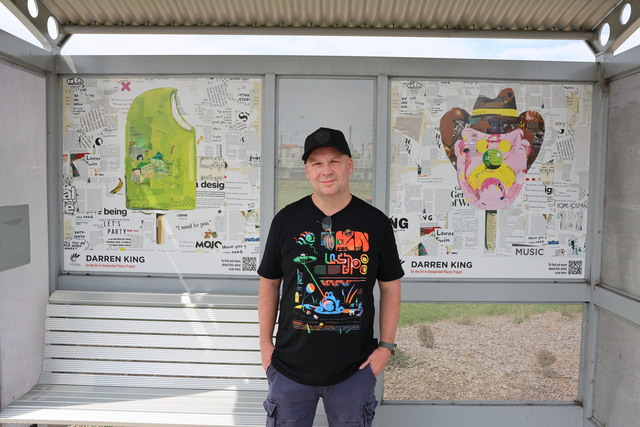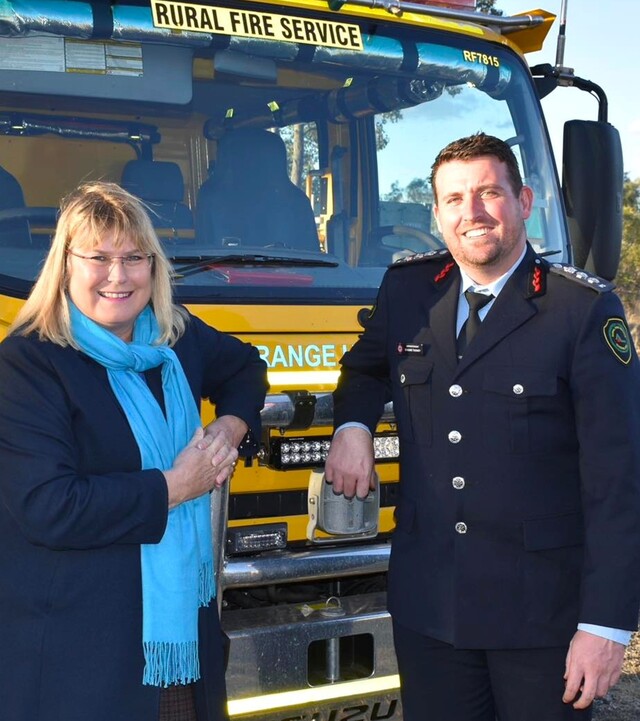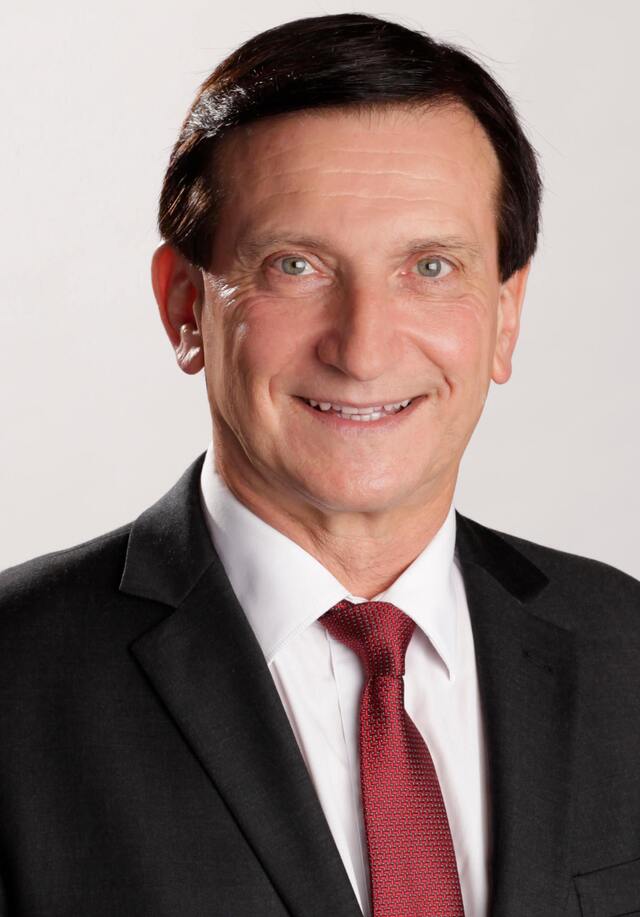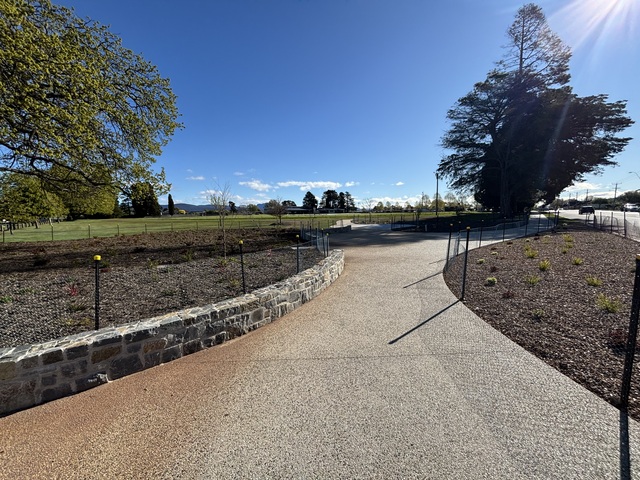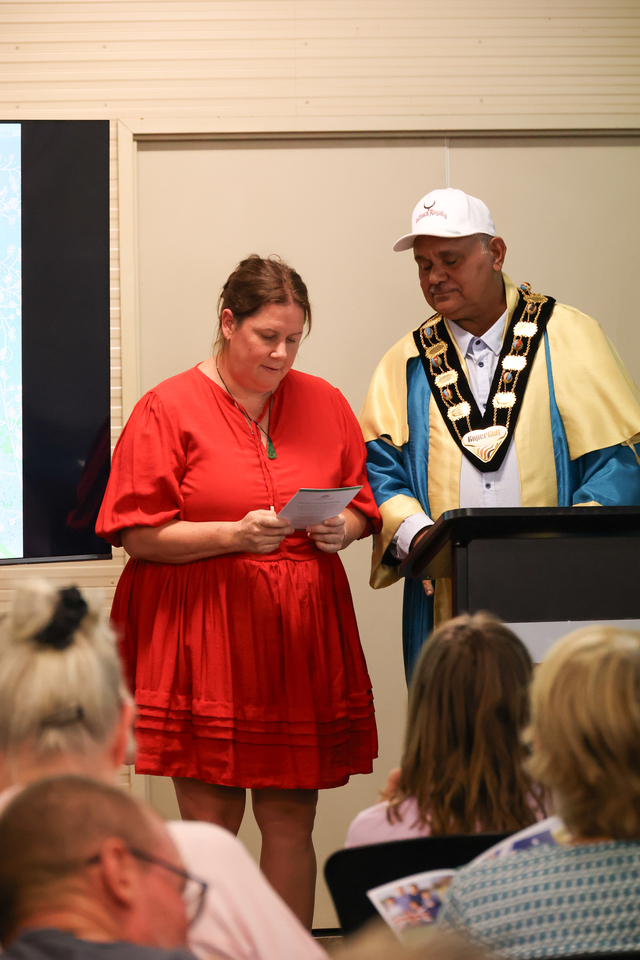My grandfather was a blacksmith in Trafalgar (Vic) and in the 1930s he became the local Ford dealer. His sons later ran the business as it expanded to Warragul and Pakenham. In the 1960s, Prefects and Zephyrs gave way to the mighty Falcon and the less-impressive Cortinas. On Sundays in October we sat transfixed in front of the TV watching the Bathurst 500 as Allan Moffat and Dick Johnson threw their Falcons around the track against the enemy Holden Toranas of Peter Brock and Colin Bond.
I think I need a shrink. I still can’t bring myself to hire a Holden at the airport, and my dog and I cruise around Canberra in my beloved Falcon. My wife and kids tell me to get with it, and to buy something decent.
I suspect that my personal mea culpa is just one of countless being offered following Ford’s recent decision to exit car manufacturing in Australia. It is additionally galling given Ford has received some $1.1 billion in federal assistance over the past decade. And to add further pain, Ford Australia President, Mr. Bob Graziano, then puts out a smokescreen that the cost of manufacturing a car in Australia is double that in Europe and four times that in Asia!
If that’s the case, was the federal government really thinking it could close the gap with subsidies? We’ll never know, but Graziano’s figures have been accepted as gospel and everyone is blithely accepting that the root causes are the high $A, the volume sensitivity of car production, and Ford’s inability to align its models with consumer preferences.
Well, the focus will now surely shift to co-investments (lovely word that) with Toyota and Holden. It is incumbent on the feds that they know how these two companies’ local operations measure up against their competitors in Thailand, South Korea, China etc. Without this information any federal assistance will be more blind faith. In this regard, you might note that there hasn’t been a full-blown Productivity Commission report on the industry since 2002! Shadow Minister Mirabella has stated that there will be a PC review of the car industry. It cannot come soon enough.
Value chains the answer
A value chain is a fancy word for supply chain. David Gregory, a Cockatoo colleague here in Canberra, is an expert in this field, and says that we made a fundamental mistake with industry policy in the 1970s by (i) supporting five car manufacturers in Australia, and (ii) focusing on industries. He argues that the reality is that industries don’t compete, businesses do – and there is often a huge difference between businesses within an industry in terms of their competitive performance.
David goes on to suggest that industry policy should be about fostering collaboration between high performing like-minded businesses within value chains. By such an approach, businesses can identify and deliver consumer value to specifically targeted consumers.
What has all of this got to do with local government? A lot. Local councils are well situated to help foster collaboration along these supply chains. Economic development managers can be helping the industry associations to align the parties – because the feds aren’t in this space any more.
Urban affairs
While on the subject of the feds vacating policy spaces, this might also happen in urban affairs.
To explain, one of our members recently asked me the name of the shadow Minister for Urban Affairs. Tough question. So I rang the Liberal Party HQ.
‘There isn’t one’ came the reply.
So I rang the Office of Warren Truss, shadow minister for infrastructure and transport. His staffer said that ‘urban affairs’ is a state issue. ‘Not true!’ I countered. But she stuck to her guns and double-checked with another adviser – same message.
I respectfully suggested that the federal government MUST play in this field because of its responsibilities in the environment, infrastructure, building and planning codes, housing and community services etc. Still no traction, but we parted on cordial terms.
Urban councils need to take an active interest here. At the very least, an Abbott Government needs a savvy young parliamentary secretary to the Minister for Infrastructure & Transport – to liaise with the States and local government and coordinate the many federal agencies in this critical area. This would allow Minister Truss to focus on the traditional love of the National Party.
Barnaby
I had a good, engaging meeting recently with Barnaby Joyce, Shadow Minister for Regional Development. I raised the possibility of providing the 55 RDA Committees with their own budget ($1 million/year), the deployment of 20 State Emergency Services (SES) officials as regional coordinators (drawn from 5-6 agencies) and a few other things. He is going head to head with Tony Windsor in the seat of New England, and the early polling is very tight. It will be a shame to lose either of them.
Join Cockatoo?
The Cockatoo Network specialises in giving members constructive advice on accessing federal funding and building long-term relationships with agencies. We provide weekly briefs as well as program summaries. Only $200/year – please ring for a chat.
Rod Brown is a Canberra-based consultant and lobbyist specialising in industry/regional development, investment attraction and clusters, and accessing federal grants. He also runs the Cockatoo Network.
Phone: (02) 6231 7261 or 0412 922 559
Email: apdcockatoo@iprimus.com.au
Blog: www.investmentinnovation.wordpress.com (750 articles)


